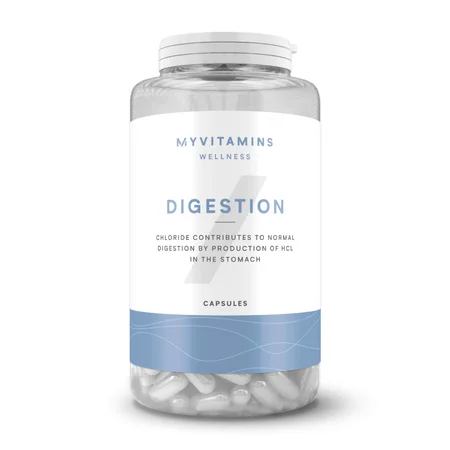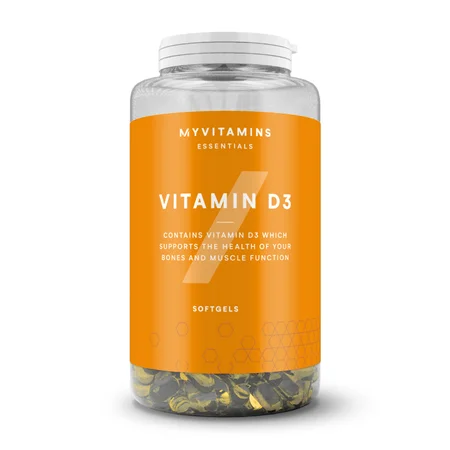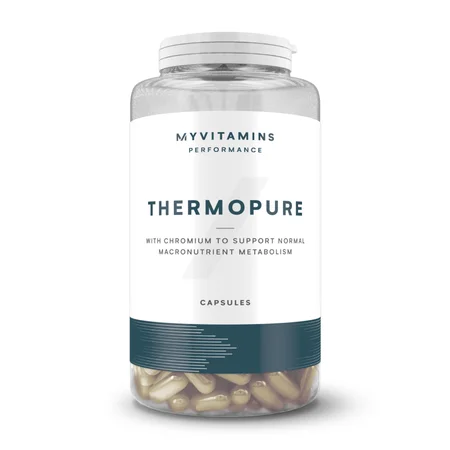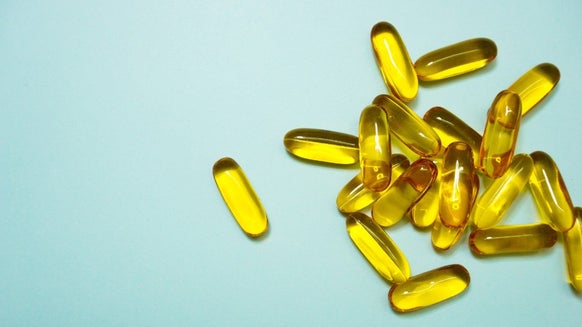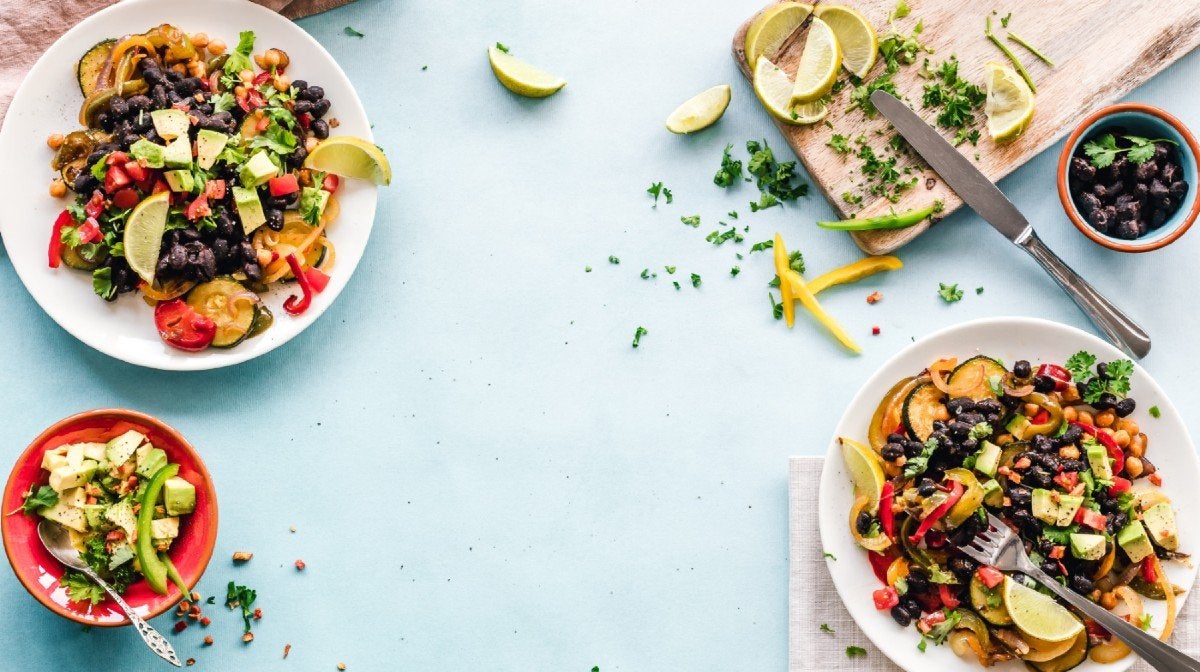
Are you working out hard in the gym but not seeing any changes in your body? Do you feel stuck when trying to lose weight? There are many ways that you can impact your metabolism and give it a boost to help see the results you’re looking for.
Foods, beverages, exercise, and your lifestyle habits can all impact your metabolic rate. We’ve broken down all of these and exactly how they can impact your metabolism.
Foods That Boost Metabolism
Calories
This one might seem counter-intuitive, but your body needs fuel (calories) in order to burn fuel (also calories). Just like your car’s engine, your body needs to have fuel available to keep moving forward.
Protein
Lean body mass (muscle) burns more calories at rest than body fat. Maintaining your muscle mass with both exercise and adequate calories is important, and getting sufficient protein is a big part of that.
Protein can be found in foods like chicken, beans, eggs and yoghurts, or if you're struggling to meet your protein needs, a protein shake is the perfect way to boost your levels quickly.
Fats
Not only is fat satisfying, making you digest your food more slowly and feel fuller after eating, specific types of fats are actually preferred sources of energy that can boost your metabolism.
Medium chain triglycerides (MCTs), a specific type of fatty acids, have been shown to increase metabolism based on the way they are broken down for energy. Medium chain triglycerides are a type of saturated fat, and coconut oil is an excellent source.
Dairy products also contain a lesser amount of MCTs, but are an easy way to incorporate these fats into your diet - with the bonus of protein. MCT oil is also available as a supplement.
Spices
Spices are an excellent way to add flavour to your meal without adding calories - and many also pack a metabolism boost, too! Capsaicin, found in hot peppers, has been proven to increase calorie burn.
If you can’t handle spicy food though, similar benefits have been found with black pepper, cinnamon, turmeric, cardamom, and ginger. Combine these spices with high protein foods for a double boost to your metabolism.
Fibre
Fibre has all kinds of benefits — from improving digestion and heart health, to increasing fullness and reducing overeating — but it can also benefit metabolism. Fibre, by definition, is a plant-based form of carbohydrate that our body can’t digest or absorb for calories - making it calorie free.
However, our body still tries to digest it and burns calories in the process. This is the idea behind “net carbs” and foods that people consider to have “negative calories”.
While not a miracle worker, fibre is a great way to increase your body’s calorie burn with a lot of additional benefit for your health overall.
Foods like beans and lentils are high in fibre and are definitely worth implementing into your diet. If you struggle to hit your fibre needs with your day-to-day diet, supplements are available to top you up!
Vitamins and Minerals
Metabolism, or the breakdown of food for energy and waste removal, happens through many different chemical reactions throughout the body. Carbohydrates, fat, and protein are all broken down through different pathways, all of which require certain vitamins and minerals.
How do we get adequate levels of all of the vitamins and minerals we need in our diet?
Drinks That Boost Metabolism
Water
Proper hydration is key to all of our body’s processes - and metabolism is no different. Cells that are healthy have the nutrients and water that they need to carry out their jobs. Not only does drinking plenty of water keep you hydrated without contributing any calories, it can reduce over-eating as sometimes thirstiness can present itself as hunger.
Research even shows an increase in lipolysis (fat burning) with increased water intake. Choose plain water over sweetened beverages most of the time for maximum benefit.
Coffee
Coffee is not only the best way to wake up in the morning, but it can also be used to increase your calorie burning. It is often used as a nootropic (supplements that improve cognitive function) to boost focus and concentration. Studies have shown that it has a metabolic boosting effect on its own, but caffeine is also used as an ergogenic aid to boost speed and power.
Being able to crush a tough workout and challenge your muscles can lead to increased muscle mass over time which of course means increased metabolism; doubling the impact of caffeine. It may be a combination of other compounds that naturally occur in coffee as well.
Tea
Green tea is another nootropic that is also used to boost metabolism. Many types of tea have various plant-based compounds that work in different ways to influence metabolism, with more than just caffeine.
Catechins and EGCG are other powerful plant compounds that are found in tea and can help give you a brain and metabolic boost.
Exercise That Boosts Metabolism
HIIT
High intensity interval training, or HIIT, is a great way to change up your cardio routine by incorporating alternating periods of working very hard to periods of recovery. You can use HIIT in many different ways — bodyweight exercises like jumping jacks or mountain climbers, or any traditional cardio like jogging, biking, rowing, or swimming.
Here is one of our favourite HIIT workouts, and you can do it from home!
Strength Training
You’ve probably heard that muscle tissue burns more calories than fat tissue, and it’s true. Our muscles require more calories (and protein) even at rest, which is our “resting metabolic rate”.
Variety
Changing up your workouts when you have a routine that works might seem silly, but the key to continuing to make progress is to continue to challenge your body. If you’re used to the same weights and same reps with every workout, it becomes easier over time as your body adapts, so it’s important to progress.
Keeping your body guessing, by changing up the resistance, reps, or even form of exercise — think swimming instead of running, or resistance bands instead of free weights — it’s a great way to keep your workouts interesting and make your body adapt, which leads to an increase in metabolism.
Habits That Boost Metabolism
Standing
It may seem simple, but standing instead of sitting whenever possible will make your body burn more calories. When we stand, we engage all of the largest muscles in our body (in our legs) and core to stay upright.
Using these muscles over time requires more effort and can lead to a significant change in calorie burn versus sitting for long periods of time. If you’re looking for a simple change in your day-to-day, this could be it. Especially if you're working from home, standing at your desk for a little while might be a good way to keep your muscles engaged whilst getting to work.
Sleeping Well
It might be difficult to remember, but adequate recovery can be just as important as adequate exercise for your muscles. Without proper rest, recovery, and quality sleep, our muscles don’t recover as quickly and cannot perform to their full potential during our next workout.
Aiming for 8 hours of sleep is the standard, so calculate when you need to go to bed and build a healthy sleep routine. Cut out screen time for at least an hour before bed, have a quiet, dark environment, and make your bedroom a relaxing place to stimulate quality sleep.
Proper sleep means improved muscle maintenance and build, in turn, aiding metabolism.
Managing Stress
Having healthy coping mechanisms to manage stress is another key to a healthy metabolism. When you are under chronic stress for long periods of time and you don’t have a way to manage it, it can impact your hormones and lead to slowing metabolism and potential weight gain.
If you need some professional help for managing stress and anxiety, we’ve got some resources here.
Take Home Message
Want to hear more from our experts?
READ THESE NEXT:
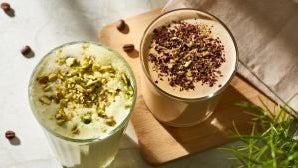
High Protein Shakes To Boost Your Daily Intake & How To Make Them
Your daily protein shake will never be boring again....

Is Running Really That Good For You?
Is that 7am run really worth it? Find out from our expert....
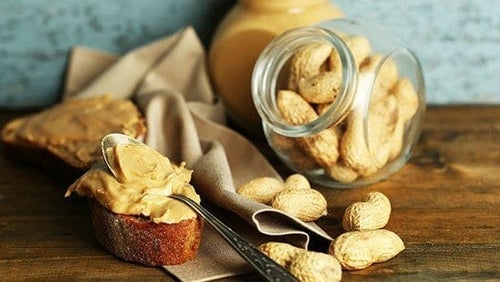
5 Health Benefits Of Peanut Butter
You'll be eating it with every meal after reading this....

Claire is a Registered Dietitian through the Academy of Nutrition and Dietetics and a board-certified Health and Wellness Coach through the International Consortium for Health and Wellness Coaching. She has a Bachelor of Science in Biology and a Master’s degree in Clinical Dietetics and Nutrition from the University of Pittsburgh.
Talking and writing about food and fitness is at the heart of Claire’s ethos as she loves to use her experience to help others meet their health and wellness goals.
Claire is also a certified indoor cycling instructor and loves the mental and physical boost she gets from regular runs and yoga classes. When she’s not keeping fit herself, she’s cheering on her hometown’s sports teams in Pittsburgh, or cooking for her family in the kitchen.
Find out more about Claire’s experience here.
